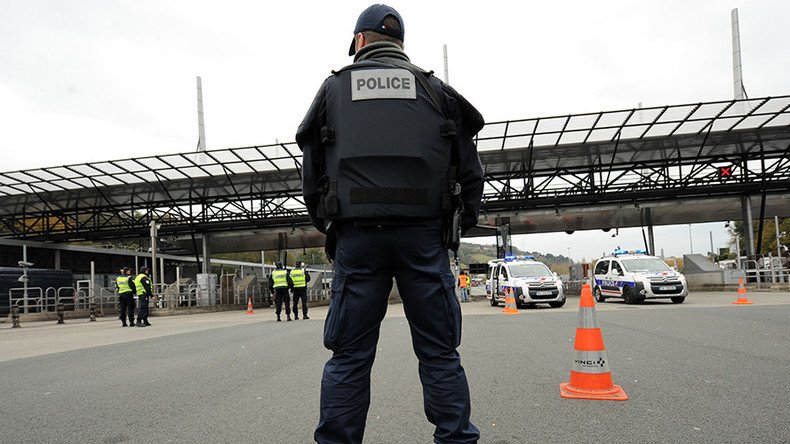Forget Brexit, now even France and Germany want the right to end EU free movement

While the EU slams Britain over its plan to stop free movement post-Brexit, leaked diplomatic papers reveal its biggest players France and Germany want to do the same over terrorism and immigration fears.
A confidential diplomatic paper seen by The Times reveals France and Germany are pushing for the Schengen zone to be suspended for up to four years at a time in “exceptional circumstances,” making all travellers subject to border checks as they enter a country.
Under the border-check proposals, which are also supported by Schengen members Austria, Denmark and Norway, governments would be allowed to introduce frontier controls for years rather than months, and keep their reasons for the checks secret.
The document is likely to trigger a major new row within the EU and comes just days after European Commission president Jean-Claude Juncker called for an extension to the borderless zone.
On Wednesday, he said that a passport-free travel zone, alongside the euro, was a foundation for a future federal Europe. He was accused of drawing up a blueprint for a “United States of Europe” with more centralized powers, as he called for Bulgaria and Romania to join Schengen.
The Schengen zone covers most EU countries in mainland Europe. It allows people to move freely across borders without showing passports or having their goods checked.
It does not apply to the UK and Ireland, which is why EU travellers must show passports at British ports.
Present EU rules “limit to six months the duration of reintroduction of controls at internal borders due to a serious threat to public policy or internal security,” with the suspension renewed up to three times.
Checks are also allowed for a three-month period if the entire Schengen zone is considered to be under threat.
The group of countries behind the paper say that rules do “not match the need in the context of a long-term terrorism threat” such as the period after the Paris attacks in November 2015 in which 130 people were killed.
“There is a need to allow a member state to reintroduce controls at its internal borders for a period exceeding six months,” the paper says.
“The grounds for such controls for periods exceeding six months would continue to involve the particular seriousness of the threat to internal security and the long-term nature of that threat.”












